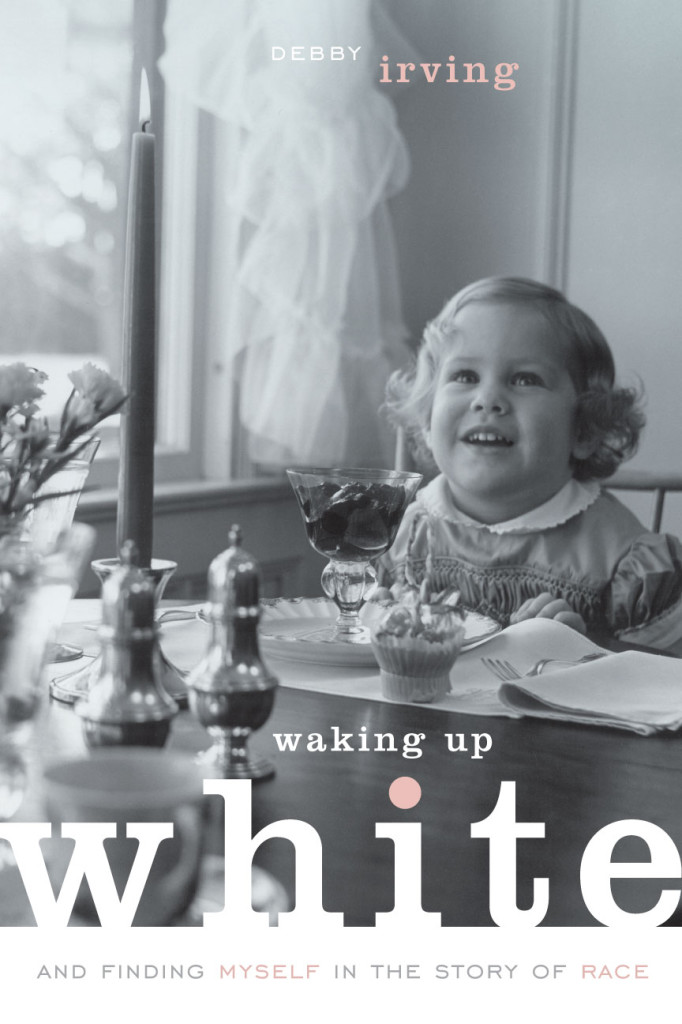Waking Up White
Waking Up White: and Finding Myself in the Story of Race
By Debbie Irving
Published: January 16, 2014
Original Review May 9, 2020, updated June 3, 2020
I read this book in December 2018 on the recommendation of a person from my church. I am finally getting around to writing a review because of the murder February 23, 2020 of Ahmaud Arbery by two white men who shot him while he was jogging. The men were not arrested until May 7. 2020 – 10 and a half weeks later. I’ve seen a number of posting that basically say “Those two bigots are evil and deserve to be thrown into jail. Why can’t the bigots be like me and care for everyone.” That would have been my reaction before I read this book.
June 3, 2020 additional comment: Now we have see the video of George Floyd dying before our eyes. The entire video shows he did not resist. He pleaded for his life…. He was murdered. The cop’s official account is different than what the video shows. Without the video they would have gotten away with murdering George Floyd. I see two reactions on facebook. The first one is “It is terrible that an innocent black man was killed, but this looting has to stop” the other is “It is terrible that there is looting but this killing of innocent black men has got to stop.” This book helped me see the huge difference in those statements.
Without the video of Ahmaud’s murder, his killers would still be walking free.
I have always thought of myself as one of the good guy, fighting for the rights of Black Americans. This is how Debby Irving thought of herself. The book is about her journey of discovery that brought to the understanding that some of the things she was doing to “help” black America were actually having the opposite affect. Debbie grew up in a predominately white upper middle class community, like I did.
In her mission to help Blacks she set up activities to help Blacks become more like her and was frustrated that it didn’t work. This led her to deeply examine her history and the history of racism in American.
My eyes were opened to how the GI bill after WW II was basically for whites only. It allowed whites to get educated, purchase homes and move into the middle class. It enabled whites to start building generational wealth. The million blacks who served in WW II were – for all intents and purposes – excluded from using the benefits of the GI Bill. On top of this was discovering how loan funding after WWII was limited for redlined areas – which were defined as areas with high concentrations of Blacks – which resulted in the decay of black neighborhoods.
In her journey she comes to realized that as a white person she doesn’t have to think about how being white will affect society’s reaction to her. For Blacks everyday they have to think about being Black will be perceived. She didn’t have to think about race because as a white person it didn’t matter. She is a part of the majority White America.
Even things that we think of as conversation starters – such as “What do you for a living” are viewed negatively by Black as they are loaded with a meaning that I did not see.
The book made me aware of the responsibility that I have to stand up to racism in a way that empowers minority communities. And more importantly how I am responsible to avoid actions which perpetuate the continuing racism in America.


Pingback:June 13 Musings – Michael William Hughes
Pingback:July 13 Musings about the COVID-19 Pandemic – Michael William Hughes